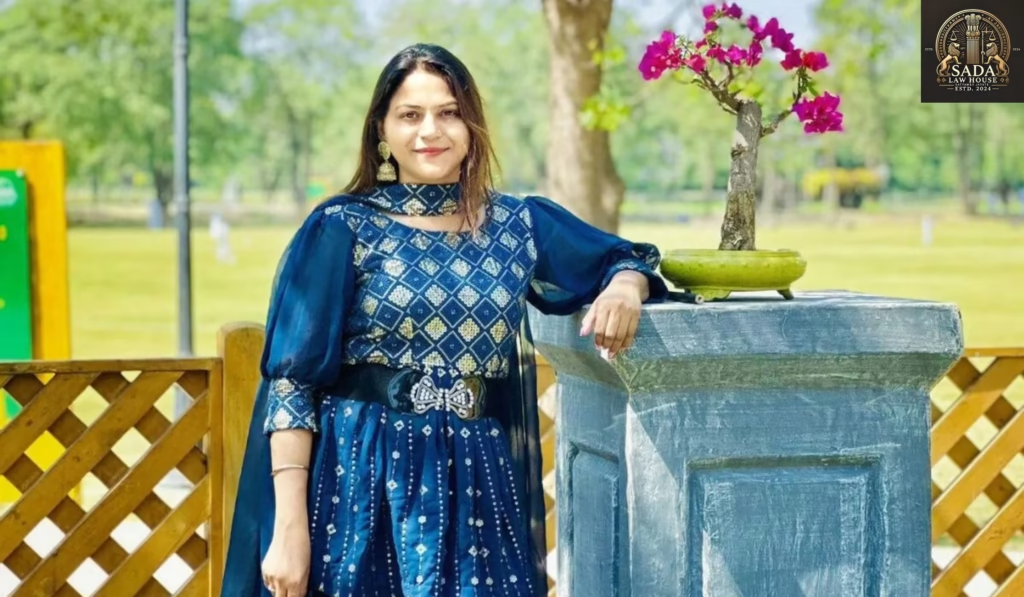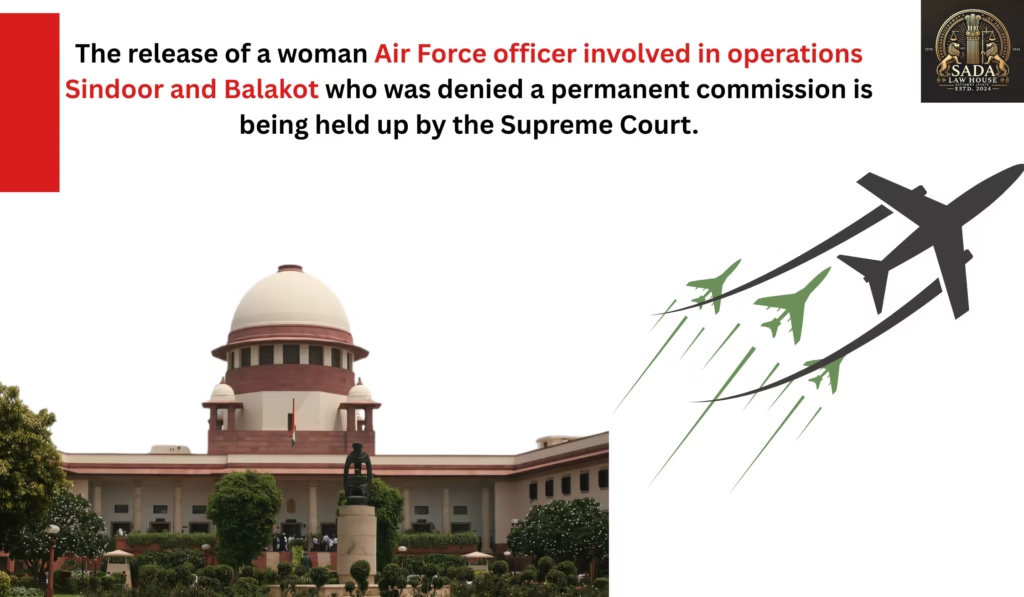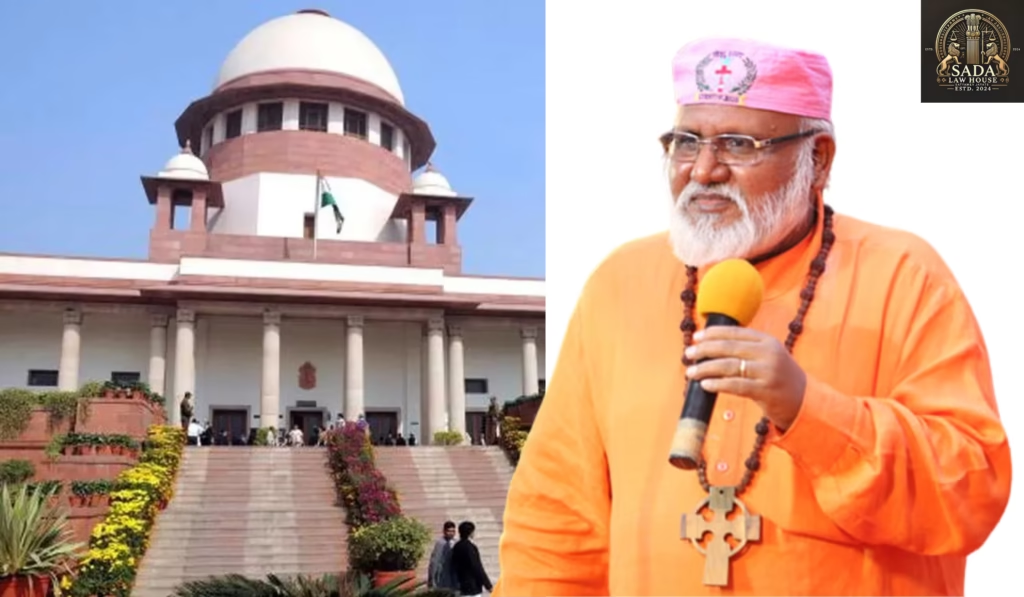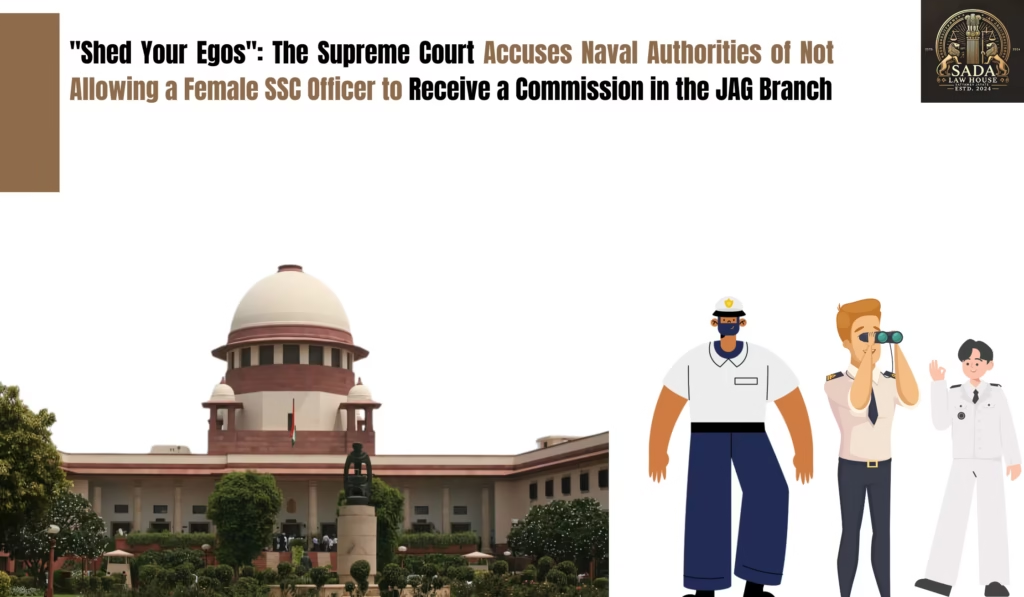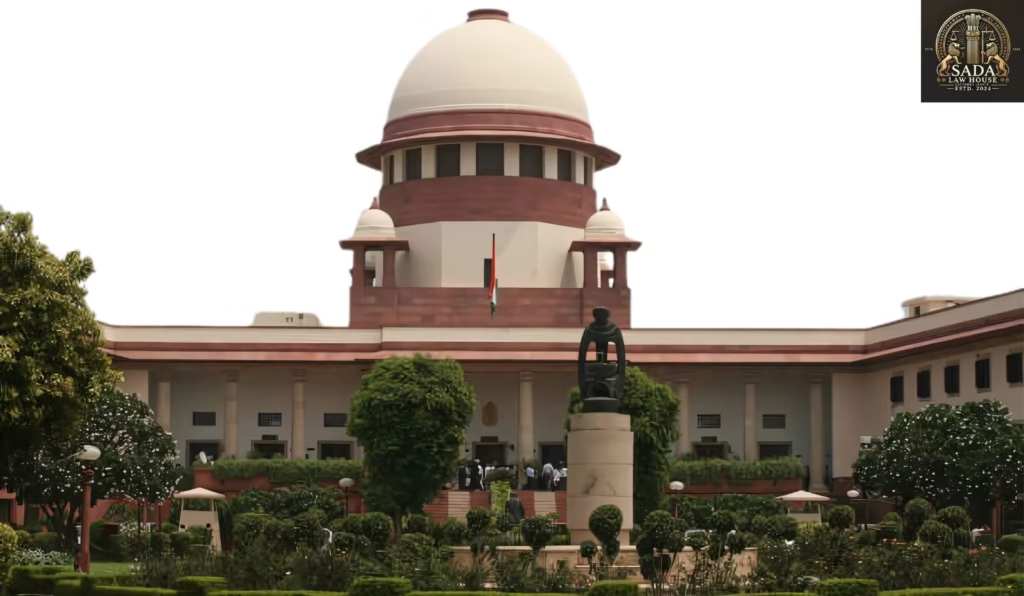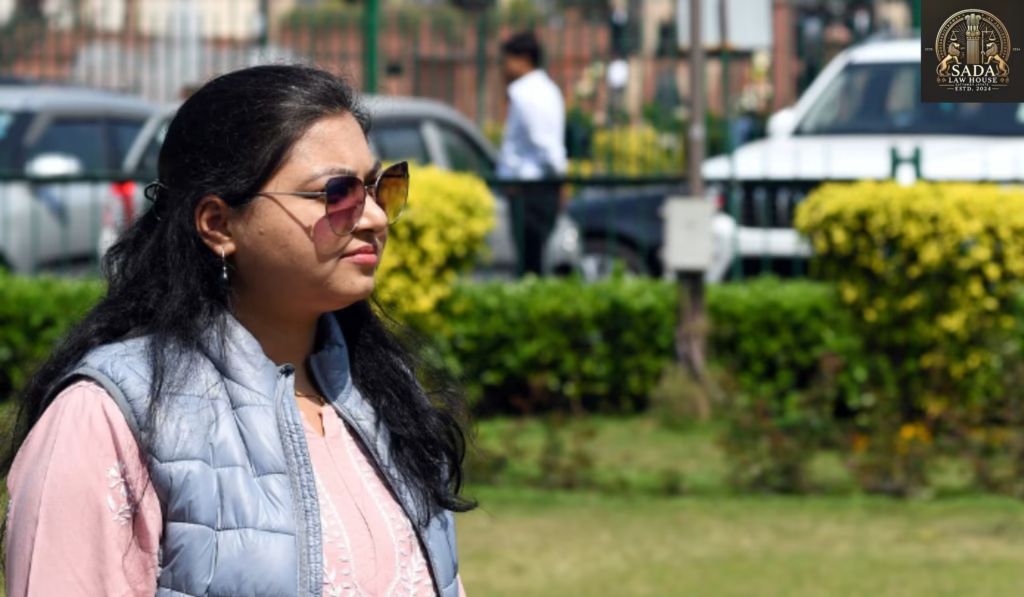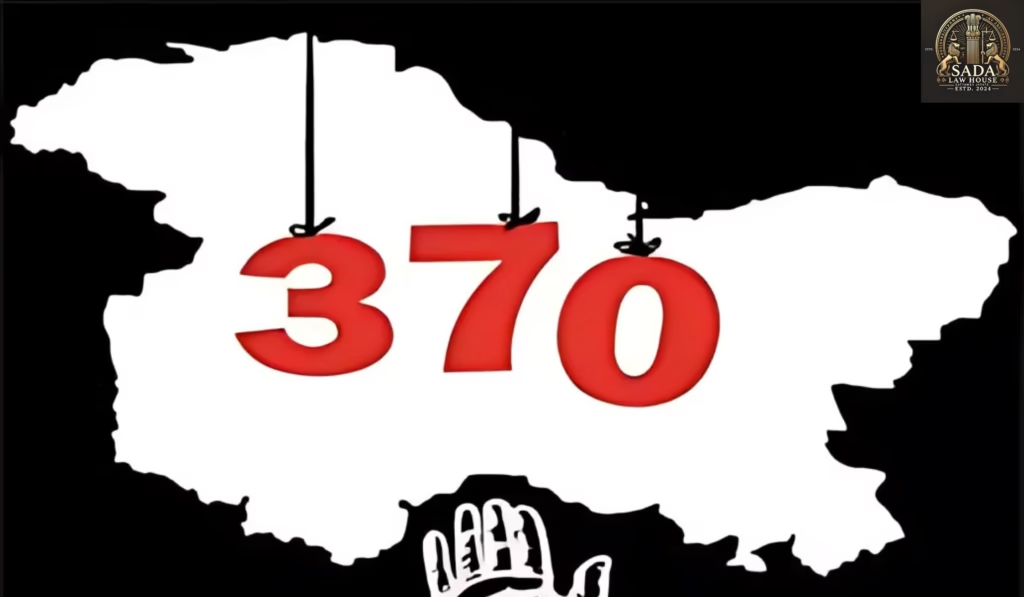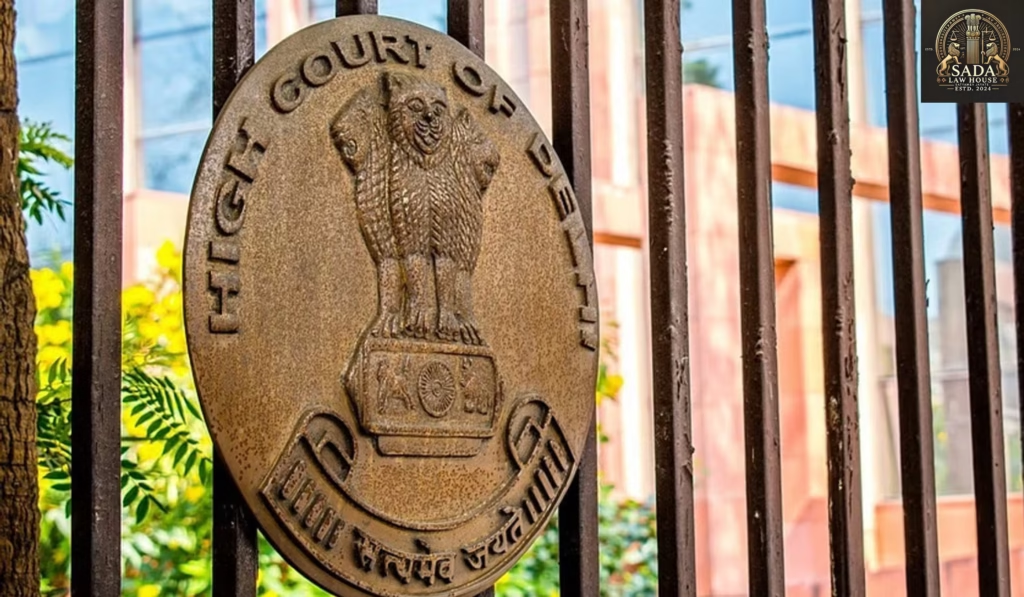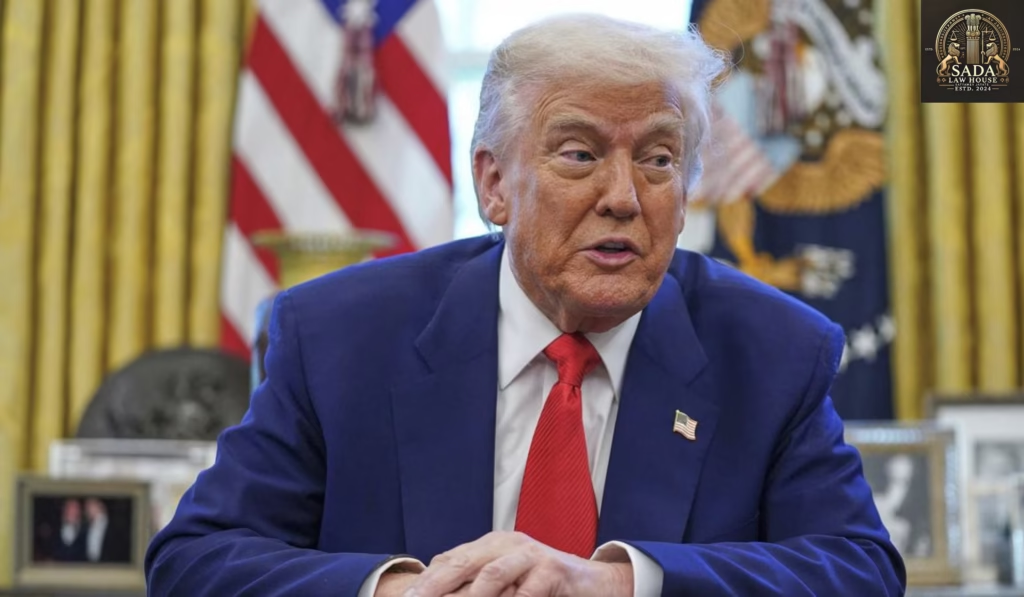YouTuber Jyoti Malhotra Arrested for Espionage: No Regrets Over Leaking Info to Pakistan ISI
Trending Today YouTuber Jyoti Malhotra Arrested for Espionage: No Regrets Over Leaking Info to Pakistan ISI Supreme Court Halts Discharge of Woman IAF Officer Involved in Operations Sindoor and Balakot Amid PC Denial Dispute Supreme Court Quashes Gangster Act FIR Against SHUATS VC, Cites Abuse of Legal Process Supreme Court Slams Indian Navy for Denying Permanent Commission to Female JAG Officer Supreme Court Declines Sentence in POCSO Case as Victim Now Married to Convict and Opposes Punishment Supreme Court Verdict on Dr. Jaya Thakur v. Union of India: Challenge to EC Appointment Process & Section 7(1) of 2023 Act Supreme Court Verdict on Article 370: Constitutionality of Jammu & Kashmir Reorganization Upheld Delhi High Court Dismisses Section 377 Case, Cites Lack of Marital Rape Recognition Under Indian Law Bombay High Court Quashes Non-Bailable Warrant Against Actor Arjun Rampal in Tax Evasion Case Trump’s India-Pakistan Ceasefire Claim Mocked by Ex-NSA John Bolton YouTuber Jyoti Malhotra Arrested for Espionage: No Regrets Over Leaking Info to Pakistan ISI PRABAHAT KUMAR BILTORIA 24 May 2025 YouTuber Jyoti Malhotra, arrested in a shocking espionage case, allegedly leaked classified information to Pakistan’s ISI during Operation Sindoor. Discover how a travel vlogger became the center of a high-level spy investigation in India. Jyoti Malhotra: YouTuber at the Center of an Espionage Scandal In a sensational case that has rocked Indian intelligence circles, 33-year-old Jyoti Malhotra, the creator of the travel YouTube channel Travel with JO, has been arrested for allegedly sharing sensitive information with operatives of Pakistan’s ISI during Operation Sindoor. She is among 11 individuals arrested across Punjab, Haryana, and Uttar Pradesh for being part of a suspected spy network believed to be active in North India. Arrest and Interrogation Under Official Secrets Act According to reports, Malhotra, who resides in Haryana, confessed to communicating with at least three Pakistani intelligence handlers. She was arrested for allegedly leaking classified information in violation of the Official Secrets Act and the Bharatiya Nyaya Sanhita (BNS). In a startling statement made during interrogation, Malhotra remained calm and unrepentant, reportedly telling investigators: “I don’t regret anything.” Unapologetic Stance During Investigation Investigators revealed that Malhotra, despite being aware of the severity of the charges, felt her actions were justified. “Jyoti feels she did not commit any mistake,” an officer involved in the case shared. Her unwavering demeanor has raised concerns among officials about the potential depth of the espionage network. Secret Communication During Blackouts Security agencies stated that Malhotra maintained communication with Pakistani intelligence handlers during critical communication blackouts in India. These blackouts typically occur during high-security alerts when internet and mobile networks are suspended. “She was actively communicating even when others couldn’t,” said a senior intelligence source. Authorities are now investigating whether this was part of a deliberate plan to bypass surveillance and stay in contact with foreign agents. Connection with Pakistani Diplomat Danish Malhotra’s connection to Pakistani High Commission official Ehsan-ur-Rahim, alias Danish, has further fueled suspicions. She reportedly met him in 2023 while applying for a visa, which allegedly led to her introduction to other ISI handlers. Danish was later accused of espionage and expelled from India on May 13. Just days later, Malhotra was apprehended in Hisar‘s New Aggarsain Extension. Multi-Agency Probe Underway A joint investigation involving the National Investigation Agency (NIA), Intelligence Bureau (IB), and Haryana Police is currently ongoing. Malhotra is on a five-day police remand as authorities comb through her financial records, travel logs, and digital devices to uncover the full scope of her activities. Conclusion: A Shocking Collision of Social Media and Espionage The case of Jyoti Malhotra serves as a stark reminder of how digital platforms like YouTube can be misused for purposes far beyond their original intent. What started as a travel content channel with over 400,000 subscribers has now become the focal point of a major national security investigation involving Pakistan’s ISI. As the multi-agency probe unfolds, it raises critical questions about digital vetting, cyber surveillance, and the vulnerabilities in our information ecosystem. With rising concerns over online radicalization and foreign interference, this case underscores the need for vigilance—not just from authorities, but from the online community at large. Leave a Reply Cancel Reply Logged in as Sada Law. Edit your profile. Log out? Required fields are marked * Message* Live Cases YouTuber Jyoti Malhotra Arrested for Espionage: No Regrets Over Leaking Info to Pakistan ISI YouTuber Jyoti Malhotra Arrested for Espionage: No Regrets Over Leaking Info to Pakistan ISI Sada Law • May 24, 2025 • Live cases • No Comments Supreme Court Halts Discharge of Woman IAF Officer Involved in Operations Sindoor and Balakot Amid PC Denial Dispute Supreme Court Halts Discharge of Woman IAF Officer Involved in Operations Sindoor and Balakot Amid PC Denial Dispute Sada Law • May 24, 2025 • Live cases • No Comments Supreme Court Quashes Gangster Act FIR Against SHUATS VC, Cites Abuse of Legal Process Supreme Court Quashes Gangster Act FIR Against SHUATS VC, Cites Abuse of Legal Process Sada Law • May 24, 2025 • Live cases • No Comments 1 2 3 … 5 Next »

